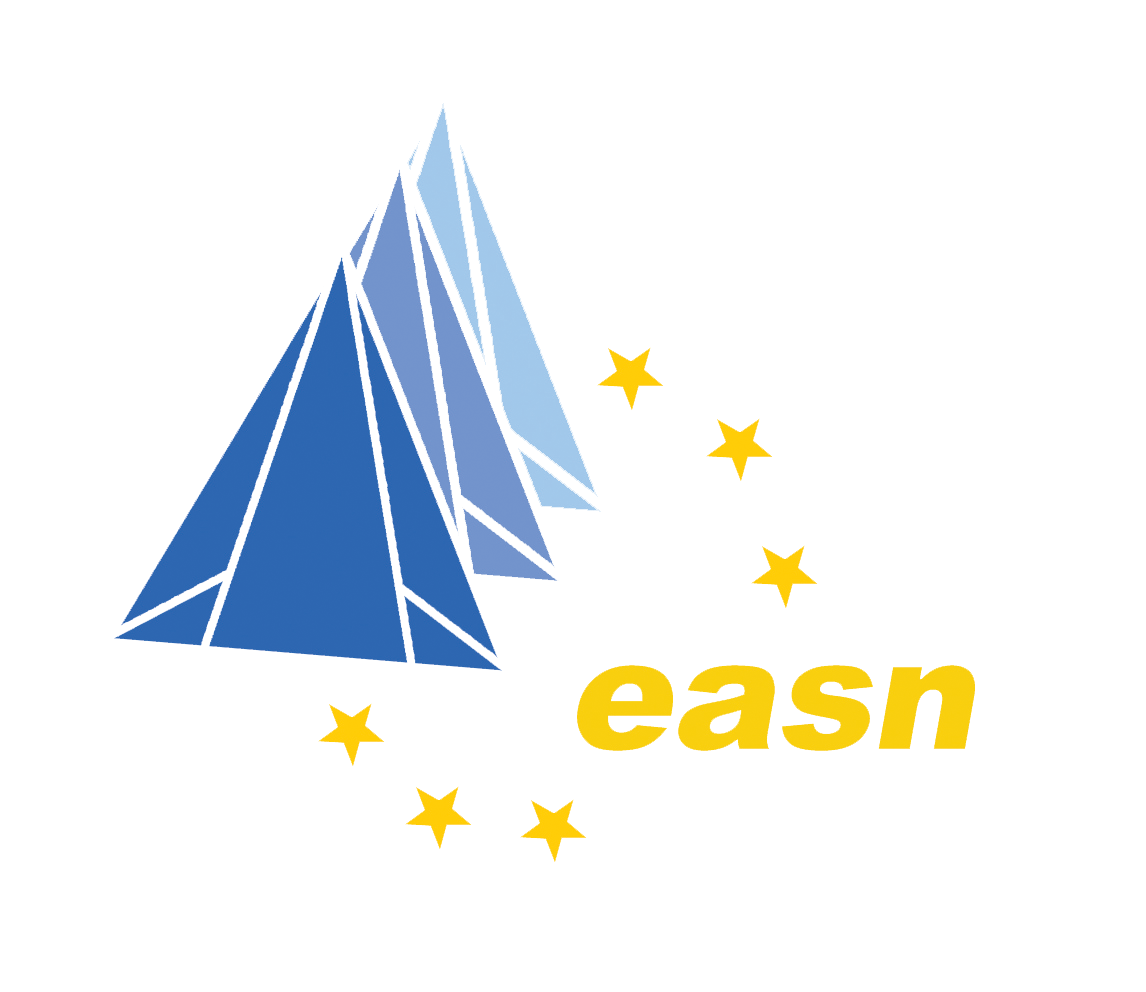Dr. Hitendra Hirani is Aerospace EU Programme Manager at University of Nottingham and Chief Strategy Officer at University of Nottingham, Italy. He is also a member of the Academia Members Forum (AMF) of the Clean Aviation JU.
Q1: I agree with the need for space and funding to be allocated for Low TRL work in both the CAJU and Cluster 5 programmes. But this is not sufficient. There needs to be a framework that allows for the low TRL work to transfer into industry that goes beyond a separate funding for Universities and Research Centres. There must be a programme level ability to consume new ideas that are higher risk and provide options for a technology pipeline that will help aeronautics to adopt game-changing new insights to drastically reduce emissions from Air Travel.
Q2: I think we need to move beyond single projects and erecting of barriers between universities, research centres and industry. There has to be a structured cohesive approach towards reduction of aircraft emissions. This has to be built on real expertise and a pipeline of talent, technology and facilities that underpin these. In addition to the need for lower TRL research, there is a need for serious efforts towards properly funded post graduate training that will supply the pipeline of talent that will enable the improvements made through a programme like Horizon Europe and Clean Aviation to become endemic and part of the fabric of excellent European Science and Innovation. Without this, the technological improvement we will achieve through current programmes will be limited to short and maybe medium-term changes, whilst the real long-term benefits will be limited as we are looking at too short a time horizon for the current instruments to have an effect on reality.


